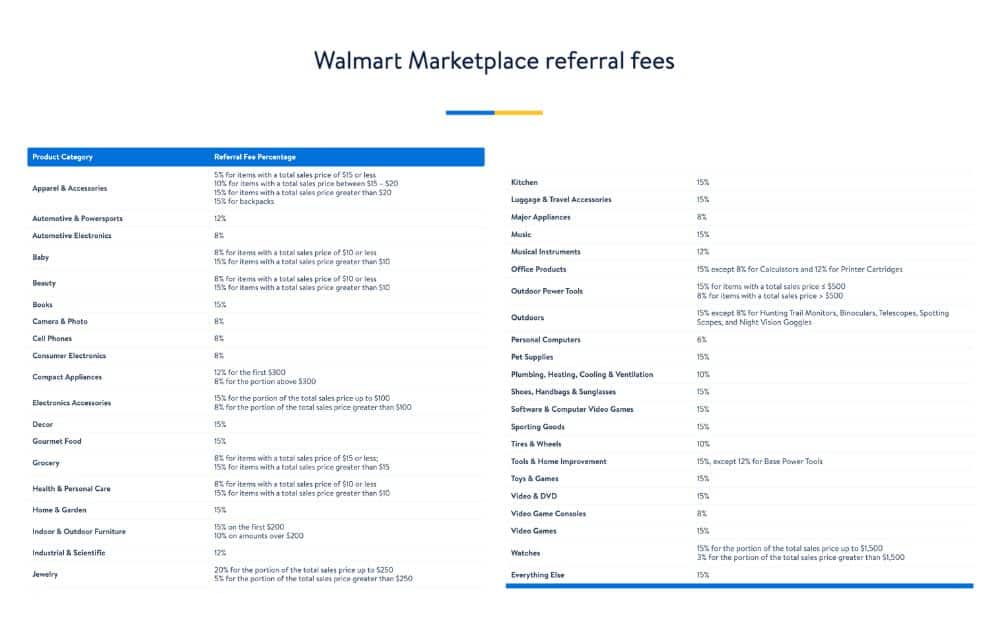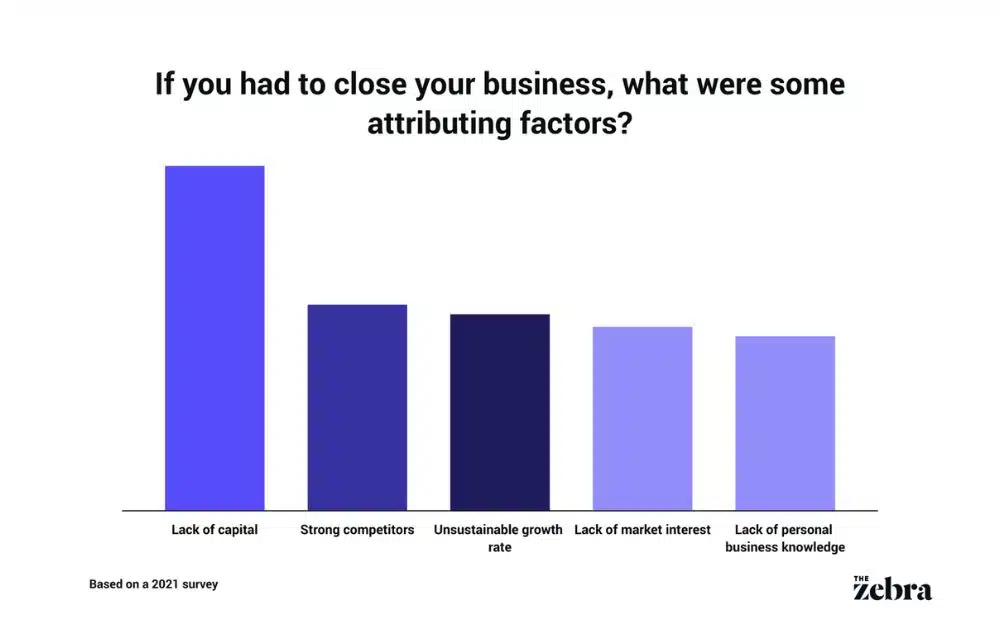If you’ve ever wondered if there are alternatives to Amazon that could give you better margins and a fresh audience – the answer is, yes, there are plenty of them.
Amazon may be the biggest player in ecommerce, but it doesn’t mean sellers should restrict their business to the platform. In fact, many alternatives can offer you an opportunity to grow beyond the marketplace and even thrive with an omnichannel strategy.
Why Look for Amazon Alternatives?
Amazon dominates online retail, but it’s not the only player in the game. As of April 2024, Amazon.com accounted for 12.92% of all desktop visits to shopping websites worldwide. Meanwhile, eBay – the second most popular – had just 3% of visits in comparison.

Financially, Amazon is also the world’s largest ecommerce company, with a market valuation of $1.53 trillion as of January 2024.
However, companies like Walmart ($428.9 billion), Home Depot ($337 billion), and Alibaba ($183.5 billion) continue to grow, offering sellers viable alternatives to Amazon.

For sellers, Amazon’s dominance means high competition, rising fees, and strict policies. Here’s why it makes sense to explore alternatives to Amazon:
- Lower fees and higher profits. Amazon FBA costs have skyrocketed, cutting into seller margins. That said, there are other platforms that offer more competitive fee structures.
- Less competition and better visibility. With 9.7 million total sellers, it’s no secret that Amazon is saturated. Selling on alternative platforms gives products a better chance to stand out.
- Ethical and sustainable selling. Some sellers are exploring ethical alternatives to Amazon due to sustainability concerns. While Amazon has pledged to achieve net-zero carbon emissions by 2040, its carbon footprint has reportedly increased by 40% since announcing the Climate Pledge in 2019.
- More control over branding. Amazon limits seller branding, while marketplaces like Shopify, WooCommerce, and Google Shopping allow businesses to build a unique identity.
Best Alternatives to Amazon for Online Sellers
Whether you’re looking for an established marketplace or an independent solution, these alternatives to Amazon offer great opportunities to diversify sales channels.
eBay – The Global Auction Giant
Selling on eBay allows business owners to use one of the most established online marketplaces, with a strong international presence.
Unlike Amazon, which primarily focuses on fixed-price listings, eBay offers an auction-style selling format alongside standard listings. It’s ideal for sellers of collectibles, electronics, refurbished goods, and unique items.
Ebay has lower selling fees and allows more pricing flexibility. However, it lacks Amazon’s fulfillment network.
Pros
- Lower seller fees than Amazon
- Ability to run auctions or fixed-price listings
- Among the largest marketplaces
- International buyer base
Cons
- No built-in fulfillment service like Amazon FBA
- Higher return rates in some categories
Walmart – A Retail Powerhouse
Walmart Marketplace is Amazon’s biggest US competitor in online retail and among the top alternatives to Amazon. Unlike eBay or Amazon, however, Walmart Marketplace is invite-only, meaning sellers must meet specific criteria before approval.
Walmart is ideal for retailers selling branded consumer goods, electronics, and home essentials. Note, also, that Walmart offers no monthly fees. In contrast, Amazon does charge a monthly subscription fee, or a product fee, depending on your Amazon sales model.
Pros
- No monthly fees—only a referral fee on sales
- Access to Walmart’s trusted customer base
- Competitive with Amazon in pricing and logistics
Cons
- The approval process can be difficult for new sellers
- Limited international reach compared to Amazon

Etsy – The Go-To for Handmade & Vintage Items
Etsy is the leading marketplace for handmade, vintage, and craft products and is one of the most popular alternatives to Amazon. It is a great alternative to Amazon for artisans and independent creators who want to connect with a niche audience.
Sellers on the Etsy marketplace can list unique products with a low listing fee of $0.20 per item and enjoy a community-driven shopping experience. On the downside Etsy’s algorithm favors bestsellers, making it hard for new shops to gain traction.
Pros
- Strong community of buyers looking for unique goods
- Lower selling fees than Amazon
- Eco-conscious platform with sustainability initiatives
Cons
- Niche market—not ideal for mass-market products
Newegg – The Tech-Focused Marketplace
Sellers looking for a tech-savvy audience will find Newegg as one of the best alternatives to Amazon. The marketplace specializes in electronics, gaming gear, and PC components.
For those looking for alternatives to Amazon FBA, Newegg offers a similar program called Shipped by Newegg (SBN). Newegg also offers lower fees in the tech category, but it lacks Amazon’s broad audience.
Pros
- Tech-focused marketplace with loyal buyers
- Fulfillment service available
- Access to B2B and B2C customers
Cons
- Limited to electronics and gaming categories
- Less overall traffic than Amazon
Google Shopping – A Direct-to-Customer Approach
Many customers know Google Shopping as one of the best alternatives to shopping on Amazon as it isn’t a traditional marketplace. By listing products on Google Shopping, you can drive traffic directly to their own stores and control your branding.
Besides, Google Shopping has less product restrictions than Amazon. However, it does require a strong ad investment to make a dent in the marketplace.
Pros
- Full control over branding, pricing, and customer service
- Increased visibility in Google search results
- No marketplace commission fees
Cons
- Requires marketing efforts via Google Ads
- No built-in customer base like Amazon
Your Own Ecommerce Store
If you want to sell online through your own online store, you may want to consider selling on Shopify, WooCommerce, or BigCommerce. Doing so gives you full control over branding, pricing, and customer experience.
Also, many sellers use their Shopify store in addition to Amazon as part of an integrated selling strategy. Unlike Amazon, Shopify doesn’t charge selling commissions, but requires marketing investment.
Pros
- No seller commissions—you keep all profits
- Full brand customization and ownership
- Direct customer relationships (no marketplace interference)
Cons
- Requires effort in marketing and website management
- No built-in customer base like Amazon
Tips for Exploring Alternatives to Amazon
Finding the right alternatives to selling on Amazon requires careful research and strategy. Not every platform will suit your business, so it’s important to consider a few factors.
Identify the Right Marketplace
Not all shopping alternatives to Amazon cater to the same audience. For example:
- Etsy is best for handmade and vintage items.
- Walmart Marketplace attracts shoppers looking for name-brand products.
- Newegg is a niche platform for electronics and gaming gear.
That said, choosing the right platform ensures you’re reaching the right buyers.
Compare Fees and Commissions
Data reveals that 32.8% of small business owners identify financial issues as the top reason behind business closure.

That said, it’s crucial to factor in necessary expenses like fees and commissions when choosing among marketplaces and sites like Amazon.
For instance, would you prefer a platform like Walmart that charges a referral fee but has no monthly fee? Or perhaps, a platform like Etsy, which has lower fees than Amazon, is better suited for your business?
Fees and commissions typically vary by product type, so it’s best to crunch the numbers before choosing an option.
Get Insights from Experts
Consulting Amazon experts like AMZ Advisers can be invaluable. These ecommerce consultants can provide insights on how to transition successfully, optimize listings, and implement pricing strategies across different platforms.
The Lowdown
Exploring alternatives to Amazon can be a game changer for online sellers. Whether you’re looking to cut down on high fees, escape intense competition, or gain more control over your brand, selling beyond Amazon can be a smart move.
At the end of the day, the best Amazon alternative depends on your products, business goals, and target customers. With so many shopping alternatives to Amazon available, now is the time to find the right fit and expand your reach.
Author




